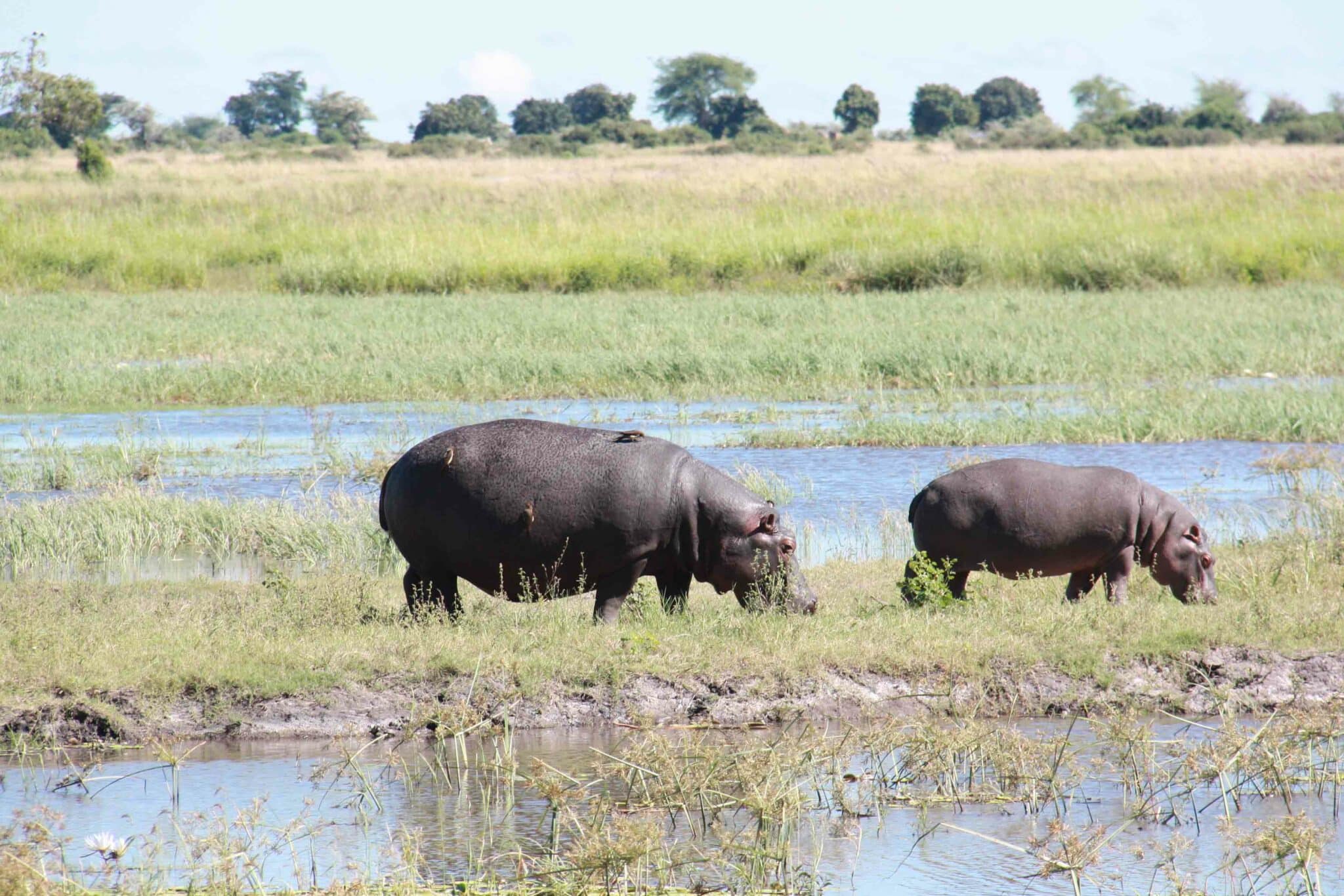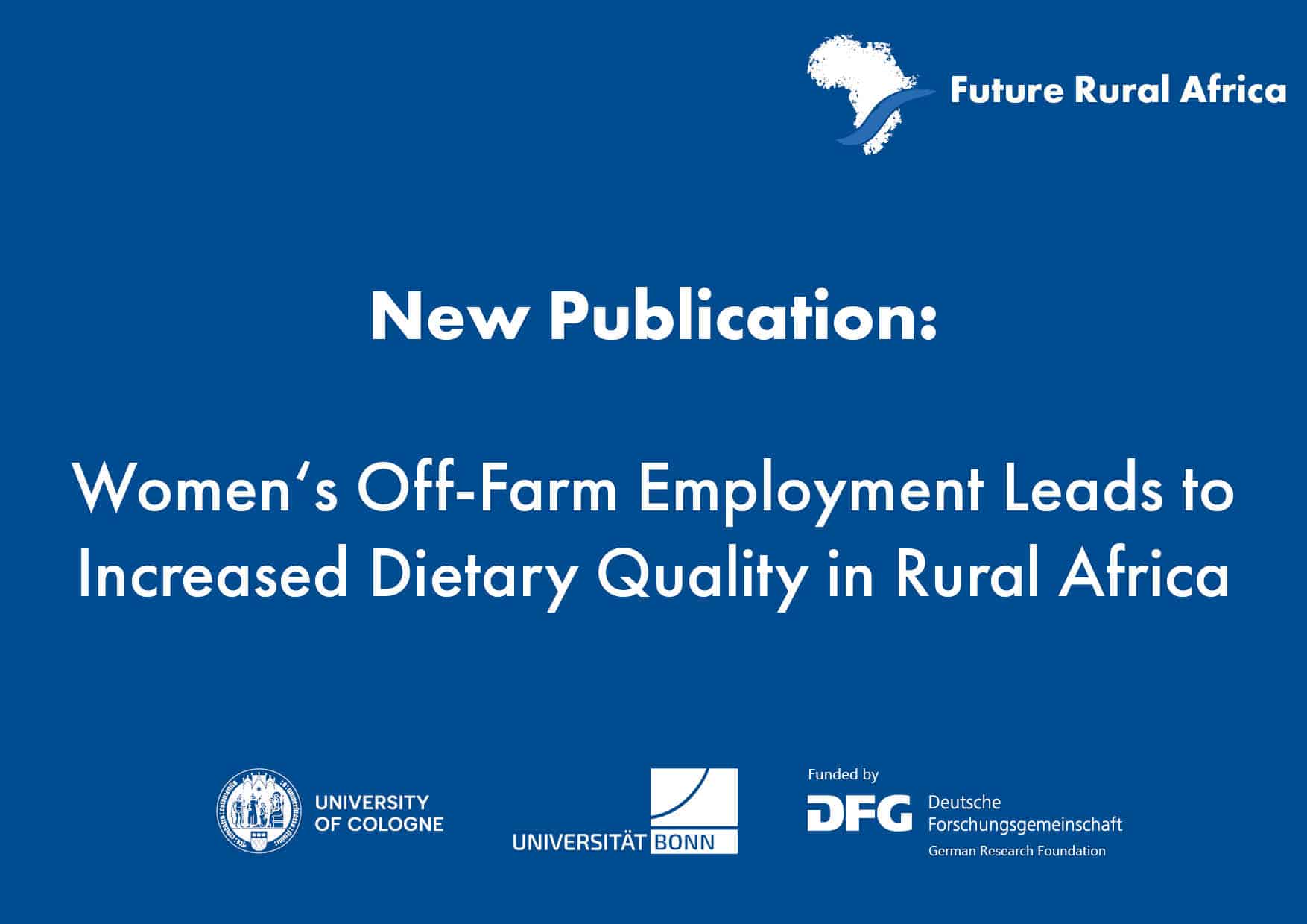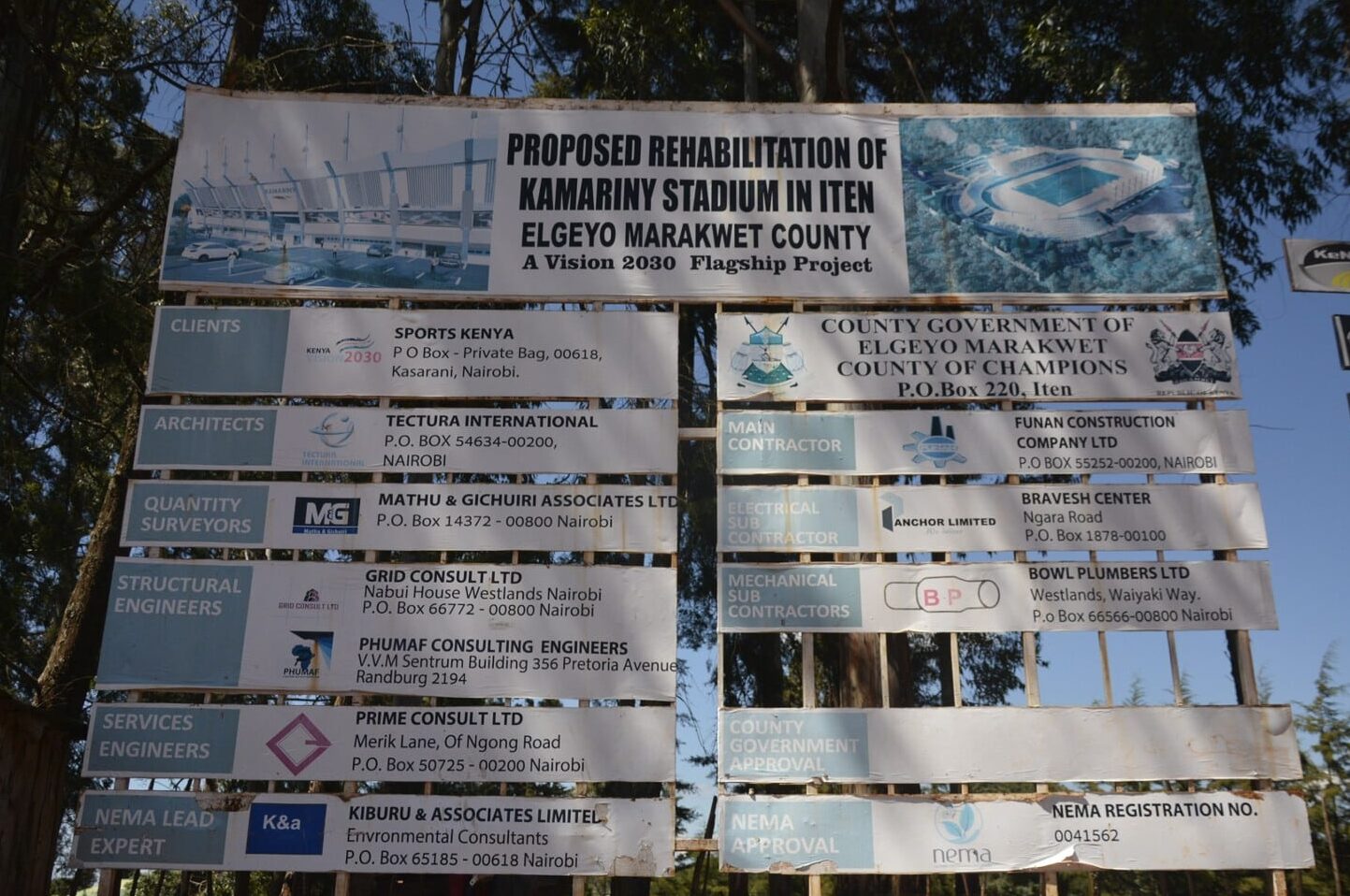By Linus Kalvelage, Project C01 Future in Chains and Lars Lüder, University of Cologne.
ABSTRACT
The COVID-19 pandemic severely affected wildlife areas in Namibia, where the collapse of tourism threatened community-based natural resource management programs. This study conceptualizes community conservancies as social-ecological systems and links this framework to an evolutionary regional resilience perspective. Qualitative interviews reveal the vulnerability of conservancies in the Zambezi region due to their heavy reliance on tourism revenues. While adaptation processes and donor support have mitigated negative impacts, the prioritisation of conservation over rural development risks undermining the long-term adaptive capacity of the region. Continued donor support, policy improvements and diversification efforts are essential to strengthen the resilience of community-based conservation.
Reference
Kalvelage, L., Lüder, L. 2023. Regional resilience and social-ecological systems: the impact of COVID-19 on community conservation in Namibia, African Geographical Review, DOI






